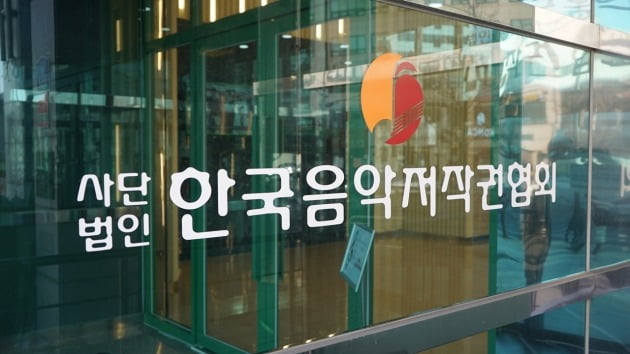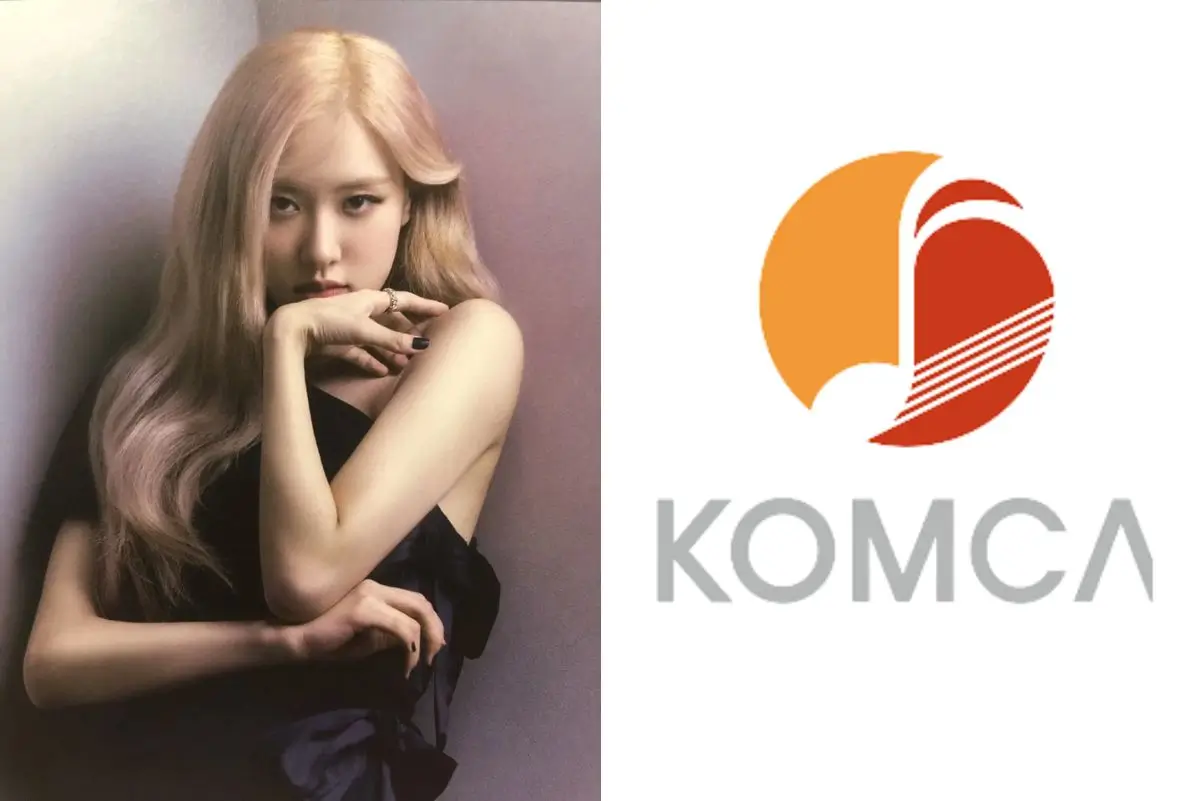On May 22, Korea Music Copyright Association (KOMCA) published a deep-dive report on the domestic and international music streaming markets, stating that Korean songwriters receive a smaller share of streaming revenue compared to their counterparts in other advanced markets.

According to the report, Korean copyright holders receive only 10.5% of streaming revenues. In contrast, songwriters in the U.S. receive 12.3%, in the U.K. 16%, and in Germany 15%.
Meanwhile, the revenue share claimed by domestic streaming platforms like Melon stands at 35%, significantly higher than the average under 30% seen in countries like the U.S., U.K., Germany, and Japan.
Structural Inefficiencies and Double Fees
KOMCA acknowledged these issues, explaining that in 2008, platforms claimed as much as 57.5% of the revenue while copyright holders received a mere 5%. Although there has been some improvement, the association noted that Korea’s revenue structure still heavily favors platforms and middlemen.

“Efforts are being made to rectify this, but it requires consensus among stakeholders and approval from the Ministry of Culture, Sports and Tourism, making reform difficult,” said a KOMCA spokesperson.
A key issue, according to insiders, is the number of intermediaries involved in distributing royalties. An indie label representative, Mr. B, pointed out that unlike in other countries, where artists typically receive payments through a single publisher, in Korea, royalties must pass through distributors and multiple copyright organizations, each taking a fee.
Korea has several such organizations, including KOMCA, the Korea Music Performers’ Association, and the Korea Entertainment Producers’ Association. Each deducts management fees, significantly reducing the final payout to creators.
“In many advanced countries, copyright organizations usually only manage performance royalties, not digital music streaming revenues,” Mr. B added.
Why Rose (BlackPink) Withdrew from KOMCA
Rose’s withdrawal from KOMCA is believed to be closely linked to this revenue structure issue. For international earnings, she already pays fees to foreign publishers. If she remains in KOMCA, she must also pay fees to the Korean rights body on the remaining amount—essentially double-paying for the same royalties.

For instance, if she earns 100 KRW through a direct deal with Apple Music, going through Korean distributors could reduce her revenue to 60-70 KRW, due to compounded fees.
Systemic Challenges and Power Imbalances
Experts note that solving this problem will not be easy. The conflicting interests between entertainment agencies, distributors, and platforms pose significant hurdles.
“Agencies cannot communicate directly with platforms due to distributor control. Even if they are dissatisfied with the payout rates, they can’t voice complaints,” Mr. B explained.
Another insider with over 20 years of experience in the music industry, Mr. C, added that challenging major distributors like Kakao often results in being marginalized. Agencies are left with no choice but to comply to ensure visibility and streaming revenue for their artists.
The Path Forward: Structural Reform
The consensus within the industry is that simplifying the distribution structure is essential to increase earnings for copyright holders and maintain the sustainability of K-pop’s global rise.
As Korean music continues to attract global fans, there is growing recognition that creators, the foundation of this success, deserve a fairer share. Whether that change comes soon, however, remains to be seen.

